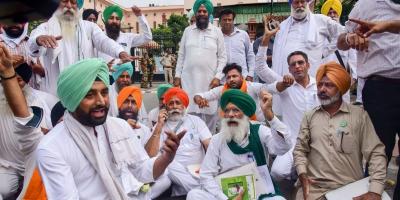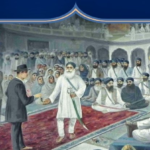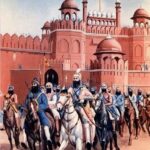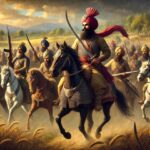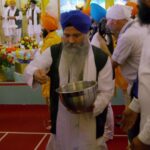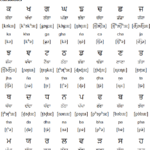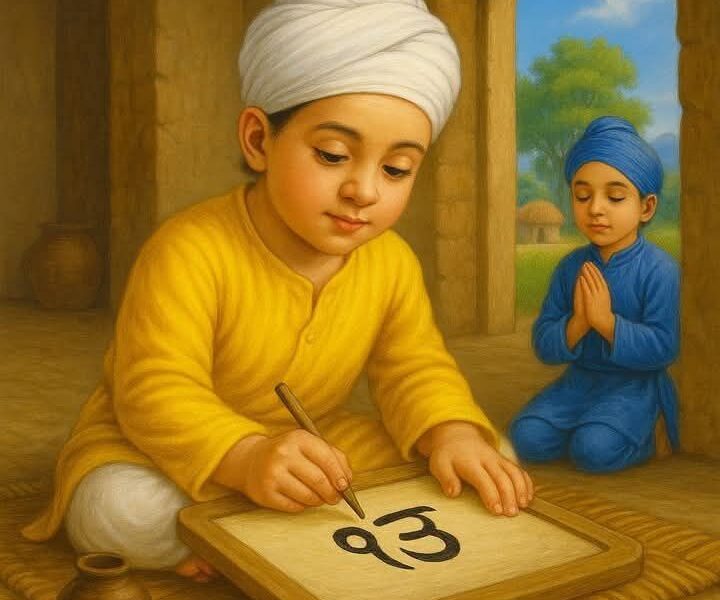The 22 farmer unions that led the year-long agricultural protest marked by the “discipline of the states left and the Sikh fighting spirit” are the fifth actor to recently enter politics. Included in this is the Sanyukt Samaj Morcha, which is led by Balbir Singh Rajewal. Instead of using the word “party” in its “political nomenclature” while “transforming itself into a political group,” the morcha made an “effort to preserve the character of the movement where it stemmed off” mark of left-of-center regional politics, which will be considered as “a new experiment in regional politics,” is also maintained by the morcha.
It had also asked for the tractor to be designated as a symbol for their party, but they were denied. Except for the ten seats reserved for Gurnam Singh Chaduni’s Sanyukt Sangharsh Party, the Sanyukt Samaj Morcha will now run in all 117 of the state’s assembly elections as independents. The new organization will be led by Balbir Singh Rajewal, president of the Bharatiya Kisan Union (Rajewal). He claimed that Punjab was dealing with several issues, including drug use, unemployment, and youth migration out of the region. To bring about “political change,” “We shall be battling for all 117 assembly seats.” He wanted to “give Punjab a new direction.” He went on to say that “we promise the people of Punjab that they put faith in us and that we will endeavor to resolve their difficulties, such as limiting the drug menace and preventing youth from travelling overseas.”
While Gurnam Singh Chaduni pledged that his “party will strive for the welfare of all parts of society while existing political parties develop policies in favor of capitalists and overlook the poor,” his motivation for entering politics was to “purify politics and put good people forward.”
It has been observed that several leaders emerged “out of the Naxal Movement, Narmada Bachao Andolan CPI-ML (liberation), the Anna Hazare led the anti-corruption movement, and others which have chosen to contest elections in the past,” according to theoretical research that focuses on the institutionalization and routinization of the charisma of movements in their progression from civil society to active politics. The SSM, according to Manjeet Singh, is “the political embodiment of the 378-day mobilization at the Delhi boundaries”. According to the Deccan Herald on December 31, 2021, “the experience of the Karnataka Rajya Raitha Sangha (KRRS) of MD Nanjundaswamy and the Shetkari Sanghatana of Sharad Joshi are examples of the failure of such a transition.” Sharad Joshi of Maharashtra created a “more avowedly right-wing group fashioned after the Swatantra Party” (Deccan Herald Dec. 30, 2021). However, the transition into political positions “almost rendered their strong grass-roots groups into non-entities.” Their experience serves as an example of how “the cost to the organizations might be considerable if huge mobilizations for a certain agenda does not convert into mass electoral support.” It would be devastating for the ongoing fight for MSP if there was no public support at the rally. The Sanyukt Kissan Morcha has remained far from these two fronts, but the original organization, SKM, has quickly clarified that it is not associated with the new political party. One of the SKM’s leaders noted that the majority of the member organizations of the Morcha were against running in elections and that they would neither support nor oppose SSM. BKU (Ekta-Ugrahan) and Jagjit Singh Dallewals (Sidhpur), two of the biggest farmer unions, have opposed political action. Rakesh Tikait, a farm leader in western Uttar Pradesh, has likewise refrained from making this decision. “Haryana ke Kisan rajneeti ko zehar mante hain, par kisan neta ko bhagwan,” says Ravi Azad, a youth leader of BKU in Haryana.
It was a mistake for SKM members to get involved in political politics, according to Gurnam Singh Bhikhi of the Punjab Kisan Union. He believes it is best to keep the movement going in protest mode right now rather than in election mode.
“After formation of SSM we realized that now they can’t act like a pressure group as they were acting earlier and people will also now treat them like any other political party,” said a union leader from Malwa, adding that during the year-long agitation Samyukta Kisan Morcha (SKM) did not permit any political party or leader to speak from their stage and now that they have become part of a political party they are no longer able to do so (SSM).
Similar to this, says Kirti Kisan Union member Rajender Singh Deep Singhwala, “This battle has opened up new opportunities for non-electoral struggles. Keeping that is important to us. What would it do for us to vote and elect one or two MLAs? The Tribune, 9 January 2022. Similar to the other agricultural leader, we would have needed 123 Rajya Sabha members and 275 Lok Sabha members to overturn the legislation if we had chosen the electoral way. However, our movement was limited to about 35 Lok Sabha seats. What miracles human power can work. The SSM Leaders also benefit from some protection from stern cross-examination because “the SSM is a new political party.”
